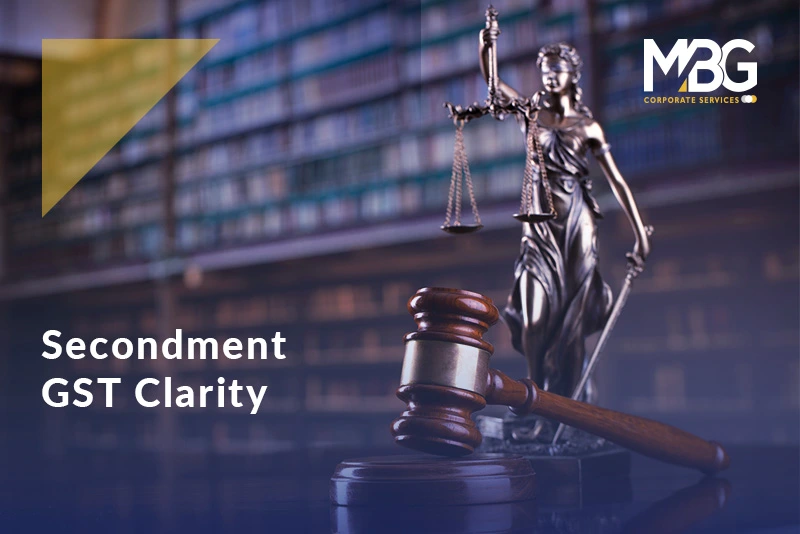
The Relief, for subsidiaries of Overseas entities operating in India, continues as the Karnataka High Court also rules in favor of the taxpayers, quashing the SCN demanding tax, interest and penalty imposed on manpower services in the case of Alstom transport India Limited.
The Judgement clarified that Secondment arrangements do not fall under the ambit of “manpower supply services”. The dispute originated from a Show Cause Notice issued by the GST department demanding a total of Rs 57.94 crore, along with interest and penalties for the period July 2017 to March 2023, mandating GST under reverse charge mechanism on manpower services imported from overseas entities.
The petitioner contends that the expatriate employees seconded by the foreign parent were under the exclusive administrative and functional control of the petitioner. Further, the facts presented establish the existence of a genuine employer-employee relationship between the petitioner and the seconded personnel, falling squarely within the exclusion under Schedule III of the CGST Act and thereby not constituting a taxable supply.
The Petitioner also placed reliance on CBIC Circular No. 210/4/2024-GST dated June 26, 2024 read with Rule 28 of CGST Rules, 2017, which clarified that in the absence of any invoice being raised by the petitioner, the value of supply should be deemed NIL.
Relying on the petitioner’s contention and giving reference of Metal One Corporation India Pvt. Ltd. v. Union of India & Ors., the high court ruled that even if arguendo such secondment arrangement is assumed to be a supply, the deeming fiction under the Circular neutralizes any scope for further tax liability. This Court is in agreement with the view of the Delhi High Court that the Circular, being binding on the authorities, leaves little room for the Revenue to allege a taxable value in the absence of an invoice. Further, the second provision to Rule 28 cannot be invoked to displace the legal effect of a ‘Nil’ value where the legislative framework itself permits such a deeming fiction, especially when full input tax credit is available.
In light of the statutory exclusion under Schedule III and the clarificatory Circular issued by the CBIC, this Court holds that the secondment arrangement does not give rise to any tax liability, and the impugned demand raised by the Revenue is liable to be set aside.
Stay one step ahead in a rapidly changing world and build a sustainable future with us.